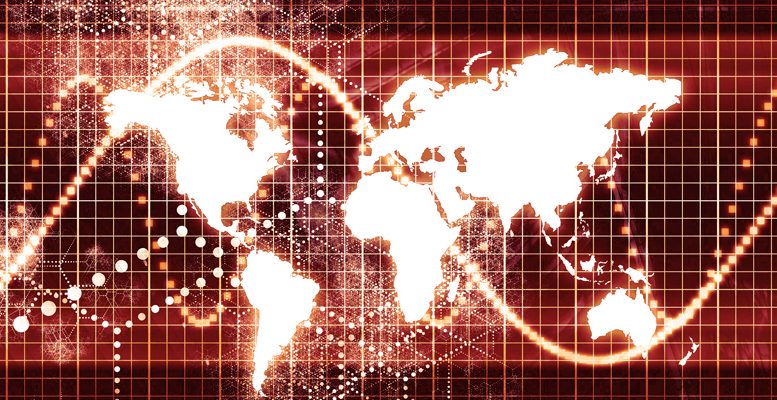*This article was originally published by Fair Observer.
Vittorio Emanuele Parsi & Valerio Alfonso Bruno | In 1992, Francis Fukuyama published his controversial best-seller, “The End of History and the Last Man,” arguing that liberal democracy is the final form of government for all nations. Almost three decades later, G. John Ikenberry, one of the most influential theorists of liberal internationalism today, in “A World Safe for Democracy” suggests that the liberal world order, if reformed and reimagined, remains possibly the best “international space” for democracies to flourish and prosper. After all, reasons Ikenberry, what do its illiberal challengers like China or Russia have to offer?
Apart from outside challengers, the liberal international order’s project is threatened from the inside as well. In fact, both populist parties and technocracies in a variety of forms and shapes represent a growing threat not only to the rule of law, party politics and parliamentary democracy, but to the international order tout court. Ikenberry considers the COVID-19 pandemic as the moment possibly marking the end of the liberal world order, specifically the spring of 2020, “when the United States and its allies, facing the gravest public health threat and economic catastrophe of the postwar era, could not even agree on a simple communiqué of common cause.”
However, Ikenberry admits that “the chaos of the coronavirus pandemic engulfing the world these days is only exposing and accelerating what was already happening for years.” As the COVID-19 pandemic risks to mark the end of the world liberal order, will the upcoming US election represent the last call for the existing system or what still remains of it?
A Brief History of the Liberal World Order
The liberal world order was forged in the aftermath of the Second World War upon a set of principles governing the international system. Based on the leadership of the United States and exerted through five core institutions — the UN, the International Monetary Fund, the World Bank, the World Trade Organization and NATO — with all its limits and weaknesses, granted economic development and security to a significant part of the world during the Cold War. Free market societies, supported by strong welfare policies, produced a long-term yet fragile balance between instances of economic competition, social inclusion and cohesion.
The dynamic worked well until the 1980s, when the foresightedness of preserving such a fragile balance gradually vanished. Liberal premises (equality of opportunities) and liberal promises (a more equal, peaceful and wealthy world) have been subverted by neoliberal politics and economic ideological positions, regressive and anti-progressivist in nature.
*This article was originally published by Fair Observer.





